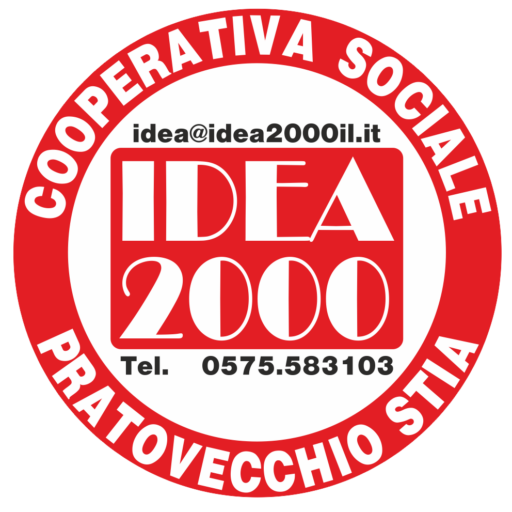
What is whistleblowing? Whistleblowing is a fundamental corporate compliance tool, through which employees, worker-members or third parties (for example a supplier or a customer) can report, in a confidential and protected manner, any offenses encountered during their activity.
The IDEA 2000 I.L. Cooperative has as its aim the application of its policy of inclusion and protection of the rights of its employees, member-workers and all citizens who are interested in all activities being carried out in full transparency and in compliance with legislation, in safeguarding the interest in the integrity of the public administration and all stakeholders, for this reason it has activated various protection and information procedures for several years: it has been ISO 9001 certified since 2001, since 2007 it has followed a path certification with SA8000, for Social Responsibility, in 2018 it adopted the Organizational Model envisaged by the Legislative Decree. 231/2001 appointing the O.d.V. as protection of the organization and by activating a direct communication model for confidential reporting of detected non-conformities and obtains ISO 14001 certifications on environmental protection and ISO 45001 on the health and safety of workers in the workplace. Idea 2000 I.L. has a particular attention to all the parity of the genere and to all the diversity.
LEGISLATIVE DECREE 10 march 2023, n. 24
With this decree, the European Directive 2019/1937 is transposed into Italian legislation which, from 17 December 2023, will make application mandatory also for all private companies with more than 50 employees (up to 249 – for companies with 250 employees and more , for public administrations, and for municipalities with more than 10,000 inhabitants the obligation starts from 17 July 2023). The directive requires the protection of employees who become whistleblowers, but also of self-employed freelancers, contractors, trainees, volunteers, non-executive directors and shareholders. It also includes prospective employees who may become aware of information indicating wrongdoing as part of their hiring process. Any supportive colleagues who help the whistleblower and the whistleblower’s family should also be protected from retaliation.
Article 6 specifically prescribes protection for those who report violations that they believed to be true at the time, even if they did not turn out to be true.
SCOPE OF APPLICATION OF THE DIRECTIVE
The directive covers several areas of life where whistleblowers need protection if they discover wrongdoing. According to Article 213, these sectors include:
▪ Public procurement
▪ Financial services, products and markets and prevention of money laundering, terrorist financing and EU financial interests
▪ Product safety and compliance ▪ Transport safety
▪ Environmental protection ▪ Radiation protection and nuclear safety
▪ Food and feed safety, animal health and welfare ▪ Public health
▪ Consumer protection ▪ Protection of privacy and personal data, and security of networks and information systems
▪ Areas related to the EU internal market, including breaches of state aid rules, competition laws and corporation tax
DISCLOSURE OF INFORMATION ON SUSPECTED VIOLATIONS
With the aim of adapting to the legislation, but above all to quickly address problems of various aspects that may occur in the execution of the various activities, in commercial relationships or with personnel, the Management in agreement with the SB deemed it necessary to activate a communication channel which is added to the official ones and which is absolutely ANONYMOUS and guarantees the reporter from any retaliation or intolerance, even indirect. The system, as better explained below, gives the evaluator the possibility of exchanging information with the reporter, always guaranteeing anonymity, who can follow and interact with the actions undertaken by the Cooperative, which is obliged to take action on the report within 7 days and provide feedback within 90 days of it.
Anyone interested can report it at the link below. The system asks you to answer some preliminary questions and then you can fill out a form indicating when and where the violation occurred, indicate the people believed to be involved, or other people aware of the situation, and then a more precise description of the violation. possible, if necessary documents can be attached to support the report. By sending the form, the request is presented which will be analyzed and evaluated by a team made up of internal and external professionals of the Cooperative. To follow the process of resolving the application, or, if necessary, submit additions, respond to any requests for clarification, the applicant must note down the username and password (paying attention to uppercase and lowercase letters) in order to be able to return to his/her file and consult /comment/integrate the actions carried out by clicking on the link identified as “Your inbox”, after entering the page that opens by clicking on the following link:
